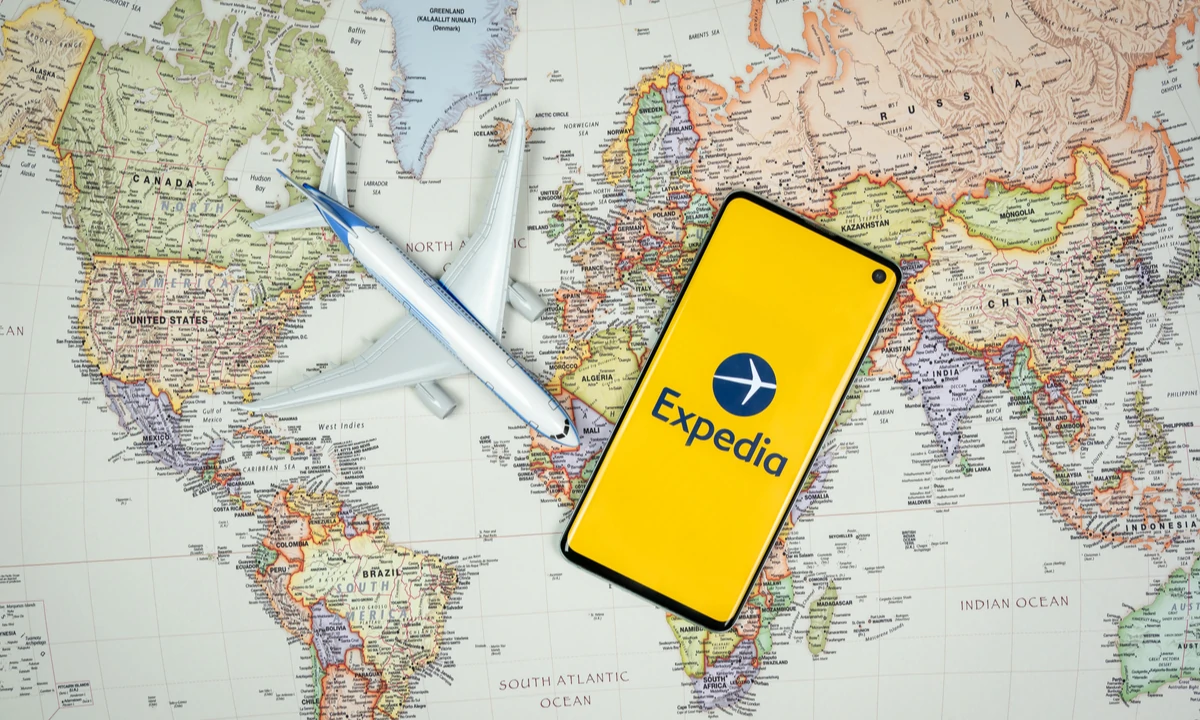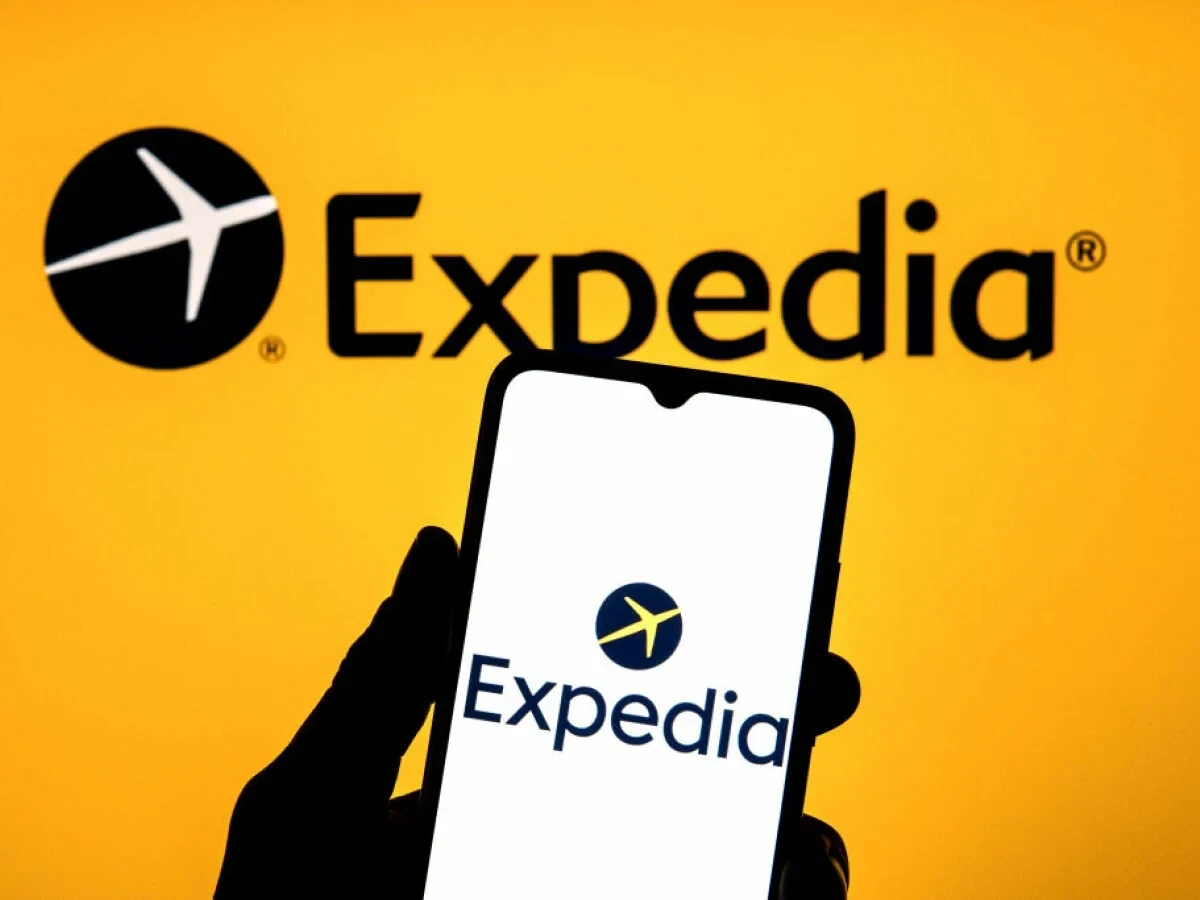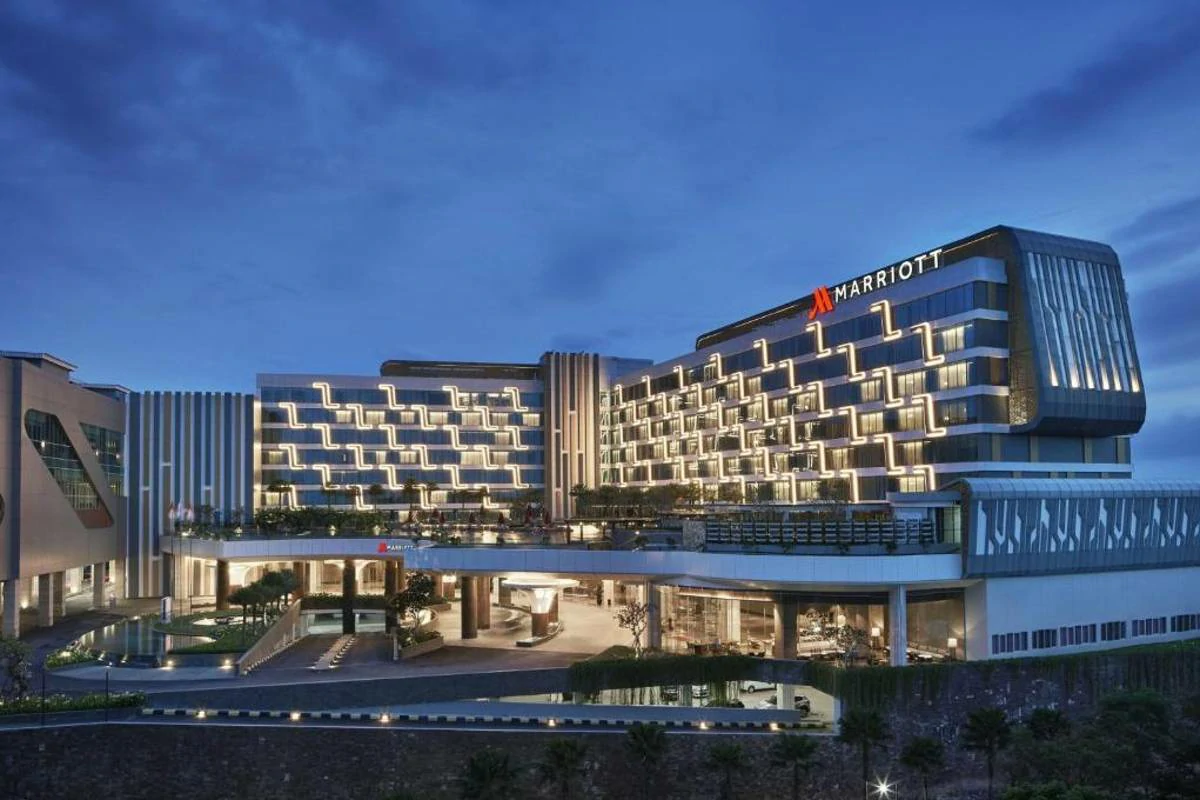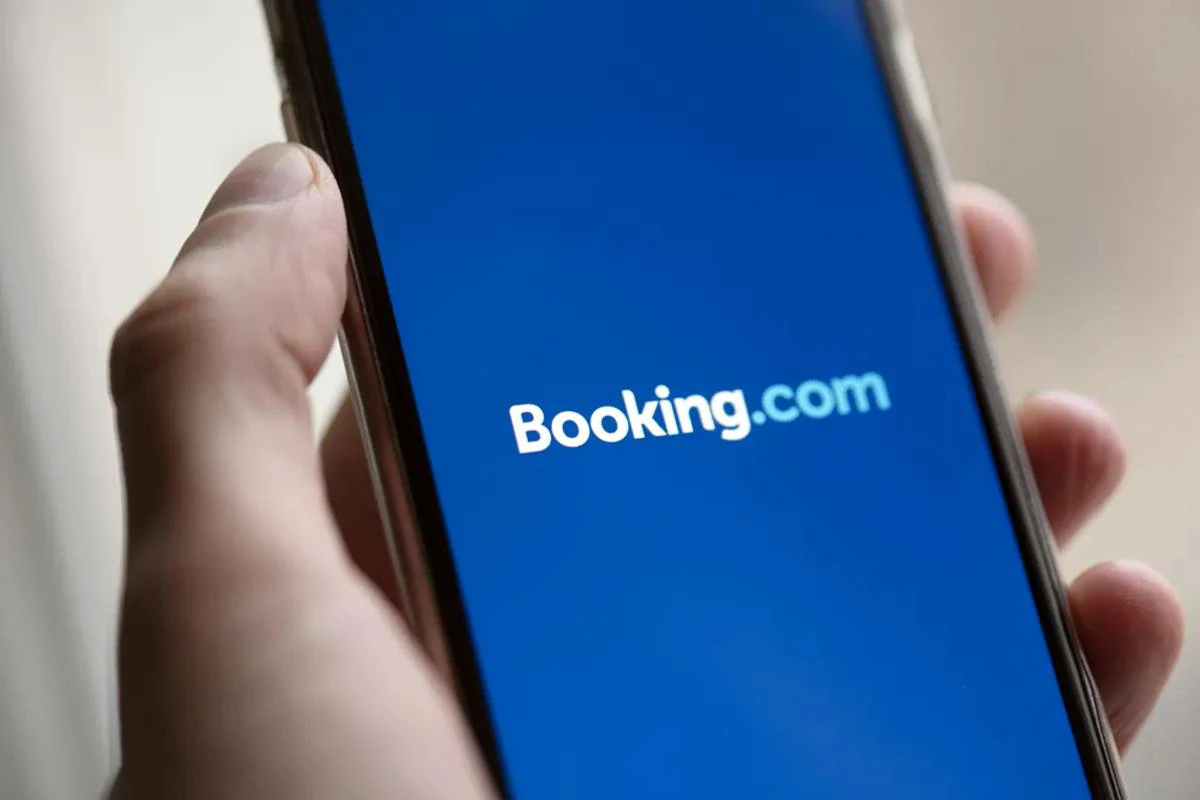How Much Commission Does Airbnb, Expedia, and Booking.com Take (and Others)? Answer is – Airbnb, Expedia, and Booking.com are all online travel agencies (OTAs) that connect travelers with accommodations. These platforms charge different commission rates to property owners for using their services.
Airbnb typically charges hosts a service fee of around 3% of the booking subtotal. This fee is calculated based on the booking subtotal, which doesn’t include taxes or additional fees.
Expedia and Booking.com typically charge commission rates ranging from 15% to 25% or more. The exact percentage can vary based on several factors, including the property’s location, size, type of property, and the specific agreement the property owner has with the OTA.
Other OTAs, such as Vrbo, Agoda, and HotelTonight, also charge commissions to property owners, and these rates can vary depending on similar factors as Expedia and Booking.com.
Summary
- OTAs like Airbnb, Expedia, and Booking.com charge commissions to property owners for using their platforms.
- Airbnb generally charges a 3% service fee.
- Expedia and Booking.com typically charge 15% to 25% or more, depending on various factors.
- Other OTAs also charge commissions, and rates can vary.
Airbnb, Expedia, and Booking.com Charge in Commissions

Online Travel Agencies (OTAs) have revolutionized how we book travel accommodations.
These platforms provide a convenient one-stop shop for travelers to search, compare, and book flights, hotels, rental cars, and other travel-related services.
But how do these platforms make money, and what are the financial implications for property owners listing their accommodations?
What Are Online Travel Agencies (OTAs)?
OTAs are digital intermediaries that connect travelers with accommodation providers, airlines, and other travel service suppliers.
They offer a vast inventory of options, user-friendly interfaces, and often competitive pricing.
Popular OTAs include giants like Expedia, Booking.com, and Airbnb, as well as smaller niche platforms catering to specific interests or regions.
Why Do OTAs Charge Commissions?
OTAs are businesses, and like any business, they need to generate revenue to cover their operating costs and make a profit.
They achieve this primarily through commissions charged to property owners for each booking made through their platform.
These commissions serve as a fee for the marketing, visibility, and booking infrastructure the OTA provides.
How Much Commission Do OTAs Typically Take?
Commission rates vary widely across OTAs and depend on several factors, including the type of accommodation, the specific platform, and any negotiated agreements.
Generally, OTAs like Expedia and Booking.com tend to have higher commission rates, often ranging from 15% to 25%, or even higher in some cases.
On the other hand, Airbnb typically charges a lower host service fee of around 3% of the booking subtotal. However, guests may also incur a separate service fee, usually ranging from 0% to 20% of the booking total.
It’s crucial for property owners to understand these commission structures to make informed decisions about which platforms to use and how to price their listings competitively.
Phocuswright Expert Opinion
According to Phocuswright, a leading travel industry research firm, “OTAs have become an integral part of the travel distribution landscape, and their commissions are a key consideration for accommodation providers.”
They emphasize the importance of carefully evaluating the value proposition of different OTAs and negotiating favorable commission terms whenever possible.
Airbnb’s Commission Structure

Airbnb’s commission structure is designed to be straightforward, yet it incorporates several nuances that hosts need to understand to optimize their earnings. Primarily, Airbnb charges two types of fees:
1. Host Service Fee
The host service fee is the primary commission Airbnb charges hosts for using its platform. For most hosts, this fee is a flat 3% of the booking subtotal.
The booking subtotal includes the nightly rate and any additional fees you charge guests, such as cleaning fees. However, it excludes Airbnb’s own fees and any applicable taxes.
For example, if you charge $100 per night for a three-night stay and a $50 cleaning fee, your booking subtotal would be $350. In this case, Airbnb would deduct a $10.50 host service fee (3% of $350) from your payout.
2. Guest Service Fee
In addition to the host service fee, Airbnb also charges guests a service fee. This fee is calculated as a percentage of the booking subtotal and typically ranges from 0% to 20%, depending on various factors.
The guest service fee is added to the total price the guest pays and is not deducted from the host’s earnings.
Jasmine S. Expert Opinion
According to Airbnb expert and consultant Jasmine S., “Understanding the split between host and guest fees is crucial for hosts. While the host fee is a direct expense, the guest fee can indirectly affect your bookings. If the total price seems high due to a significant guest fee, potential guests might choose a different listing.”
3. Factors Affecting Airbnb Commission Rates
Several factors can influence the commission rates you encounter on Airbnb:
- Type of Listing: As mentioned earlier, hotels and software-connected hosts might be subject to higher host-only fees.
- Cancellation Policy: Listings with stricter cancellation policies may incur higher fees.
- Length of Stay: Long-term stays (28 nights or more) may have lower fees.
- Location: In certain locations, Airbnb may experiment with different fee structures or adjust fees based on market dynamics.
Expedia’s Commission Structure

Expedia, like many online travel agencies (OTAs), employs a commission-based model to generate revenue.
Understanding this structure is crucial for property owners to effectively manage their earnings and make informed decisions about their partnership with Expedia.
1. Standard Commission
The cornerstone of Expedia’s commission structure is the standard commission, which typically ranges from 15% to 20% of the total booking value.
This percentage covers Expedia’s marketing efforts, customer service, and the technology infrastructure that facilitates the booking process.
Sarah Dandashy Expert Opinion
Sarah Dandashy, Founder of Ask a Concierge, highlights the variability of Expedia’s standard commission: “Unlike Airbnb, which usually has a fixed host service fee, Expedia’s standard commission is more flexible. It can fluctuate depending on your property type, location, and the specific agreement you have with Expedia.”
She emphasizes the importance of thoroughly reviewing contract terms and negotiating when possible.
2.Preferred Partner Program
For properties that meet specific criteria, such as consistently high guest reviews and a certain level of booking volume, Expedia offers the Preferred Partner Program.
While this program provides enhanced visibility and priority placement in search results, it often entails a higher commission rate than the standard rate.
3. Accelerator Program
Expedia’s Accelerator Program is a unique feature that allows property owners to increase their visibility by opting to pay a higher commission for a certain period.
This can be a strategic tool for increasing bookings during off-peak seasons or promoting new listings.
However, it’s important to weigh the potential benefits against the higher commission cost.
4. Factors Affecting Expedia Commission Rates
Several factors can influence the commission rate Expedia charges property owners:
- Property Type and Size: Larger hotels and chains may be able to negotiate lower commission rates than smaller, independent properties.
- Location: Commission rates can vary depending on the property’s location and the demand in that market.
- Booking Volume: Properties with a high booking volume may be eligible for lower commission rates.
- Participation in Special Programs: The Preferred Partner Program and the Accelerator Program can lead to different commission structures.
- Negotiated Agreements: In some cases, especially for larger properties, it may be possible to negotiate specific commission terms with Expedia.
Booking.com’s Commission Structure

Booking.com’s commission structure, while seemingly straightforward, encompasses various tiers and programs that can significantly impact a property owner’s bottom line.
Understanding these nuances is key to maximizing revenue and making informed decisions about your partnership with Booking.com.
1. Standard Commission
The foundational element of Booking.com’s commission structure is the standard commission, typically ranging from 15% to 18% of the total booking value.
This commission covers Booking.com’s marketing efforts, customer support, and the technology infrastructure that powers their platform.
Peter O’Connor Expert Opinion
“Booking.com’s standard commission is competitive within the industry, but it’s important to remember that it’s just the starting point,” says Peter O’Connor, a seasoned hotelier and industry consultant. “The real complexity lies in the various programs and factors that can modify this commission.”
2. Genius Program
The Genius Program is Booking.com’s loyalty program designed to attract and retain frequent travelers.
Properties that participate in this program offer exclusive discounts (typically 10%) to Genius members, and in return, Booking.com provides increased visibility and priority placement in search results.
However, the tradeoff is a higher commission rate, usually around 2-3% above the standard commission.
3. Preferred Partner Program
For properties that meet specific performance criteria, such as consistently high guest reviews and a substantial booking volume, Booking.com offers the Preferred Partner Program.
This program offers enhanced marketing exposure, including special badges and priority display in search results.
However, like the Genius Program, it comes with a higher commission rate, typically around 18% to 22% of the total booking value.
4. Factors Affecting Booking.com Commission Rates
Several factors can influence the commission rate Booking.com charges property owners:
- Location: Commission rates can differ based on the property’s location and the level of competition in the market.
- Property Type and Size: Larger hotels and chains may be able to negotiate lower commission rates than smaller, independent properties.
- Booking Volume: Properties with a consistently high booking volume might qualify for lower commission rates.
- Participation in Special Programs: The Genius Program and the Preferred Partner Program come with higher commission rates.
- Negotiated Agreements: In certain situations, especially for larger properties or those with unique offerings, it might be possible to negotiate specific commission terms with Booking.com.
Commission Structures of Other Notable OTAs

While Airbnb, Expedia, and Booking.com dominate the OTA landscape, several other platforms offer unique commission structures and cater to specific niches within the travel market.
Understanding these alternatives can be valuable for property owners seeking diversified distribution channels and potentially more favorable commission terms.
1. Vrbo
Vrbo, a subsidiary of Expedia Group, focuses primarily on vacation rental properties. Their commission structure offers two options for property owners:
- Pay-per-Booking: This option charges a combined commission and payment processing fee of 8%, comprising a 5% commission and a 3% payment processing fee. This model suits owners with lower booking volumes or those testing the waters with Vrbo.
- Annual Subscription: For a flat fee of $499 per year, owners can list their properties without incurring any per-booking commission fees. This model becomes cost-effective for properties with higher occupancy rates and a substantial number of bookings throughout the year.
Matt Landau Expert Opinion
Matt Landau, founder of the Vacation Rental Marketing Blog, notes that Vrbo’s subscription model can be advantageous for high-performing properties. He states, “If you have a property that consistently generates a decent number of bookings, the annual subscription can be a game-changer, significantly reducing your overall commission costs.”
2. Agoda
Agoda, a major player in the Asia-Pacific market, offers a tiered commission structure that can range from 15% to 25% of the booking value.
The exact commission rate depends on several factors, including the property’s location, type, and overall performance on the platform.
Agoda also offers a “EasyCancel” program, where properties agree to offer flexible cancellation policies in exchange for increased visibility and potentially higher commission rates.
3. HotelTonight
HotelTonight, acquired by Airbnb in 2019, caters to travelers seeking last-minute hotel deals. While the exact commission structure isn’t publicly disclosed, industry experts estimate it typically hovers around 15% of the booking value.
Henry Harteveldt Expert Opinion
According to travel industry analyst Henry Harteveldt, “HotelTonight’s commission structure is likely similar to other OTAs, but with a focus on last-minute inventory, they may be able to negotiate slightly lower rates with hotels seeking to fill empty rooms.”
One notable aspect of HotelTonight’s model is the absence of additional fees for users. The price displayed at the time of booking is the final price, making it transparent and user-friendly for last-minute travelers.
4. Tripadvisor
While primarily known for its user-generated reviews and travel forums, Tripadvisor also functions as an OTA, allowing users to book hotels, flights, and vacation rentals directly through its platform.
Tripadvisor’s commission structure varies depending on the type of booking:
- Hotels: Tripadvisor typically earns a commission of 12% to 15% on hotel bookings made through its platform.
- Flights: The commission for flight bookings varies depending on the airline and the specific fare.
- Vacation Rentals: Tripadvisor’s commission for vacation rentals is generally around 15%.
Martin Soler Expert Opinion
“Tripadvisor’s unique strength lies in its vast user base and wealth of reviews,” says Martin Soler, a digital marketing expert specializing in the travel industry. “This gives them leverage to negotiate competitive commission rates with hotels and other travel providers.”
Factors Affecting OTA Commission Rates

The commission rates charged by Online Travel Agencies (OTAs) are not set in stone. They are influenced by a multitude of factors that can vary significantly from one platform to another and even within the same platform depending on the specific property and its circumstances.
Understanding these factors can empower property owners to negotiate better terms and optimize their revenue potential.
1. Property Location
Location plays a crucial role in determining commission rates. Properties in high-demand areas, such as popular tourist destinations or city centers, often command higher commission rates due to increased competition and booking volume.
Conversely, properties in less popular or remote areas may have lower commission rates to incentivize bookings.
“The location factor is a double-edged sword,” says Laura Mandala, a hospitality consultant with extensive experience in revenue management. “While high-demand locations attract more bookings, they also invite higher commissions. It’s essential to weigh the trade-off carefully and assess the overall profitability of each location.”
2. Property Size and Type:
The size and type of property also influence commission rates. Larger hotels or resorts often have greater bargaining power and may be able to negotiate lower commission rates compared to smaller independent properties.
Additionally, the type of accommodation, such as luxury hotels, budget hostels, or vacation rentals, can affect the commission structure due to varying operating costs and target markets.
3. Booking Volume
OTAs often offer tiered commission structures based on booking volume. Properties that consistently generate a high volume of bookings through the platform may be eligible for lower commission rates.
This incentivizes property owners to drive bookings through the OTA and rewards their loyalty.
4. Additional Services
Some OTAs offer additional services, such as marketing campaigns, property management tools, or customer support, for an additional fee.
These services can impact the overall commission structure, either directly through additional fees or indirectly by influencing the visibility and booking volume of the property.
5. Negotiated Agreements
While many OTAs have standardized commission rates, larger properties or those with unique offerings may have the leverage to negotiate more favorable terms.
This often requires a strong track record, proven performance metrics, and a willingness to engage in discussions with the OTA’s representatives.
Phocuswright’s Expert Opinion
According to Phocuswright’s research, “The ability to negotiate commission rates with OTAs is a critical skill for property owners seeking to maximize their revenue potential. By understanding the factors that influence these rates, owners can approach negotiations with confidence and data-driven insights.”
Tips for Property Owners to Minimize Commission Costs

While OTA commissions are a necessary expense for many property owners seeking wider exposure and increased bookings, there are several proactive measures you can take to minimize these costs and enhance your overall profitability.
1. Negotiate Commission Rates
Don’t be afraid to negotiate! Many OTAs, especially those catering to larger properties or those with unique selling points, are open to negotiating commission rates.
Before signing any agreements, research the standard commission rates for your property type and location, and use this information as leverage in your negotiations.
Bonnie Buckhiester Expert Opinion
According to revenue management expert Bonnie Buckhiester, “Negotiation is key to getting the best deal with OTAs. Don’t settle for their initial offer. Be prepared with data on your property’s performance, occupancy rates, and the value you bring to their platform.”
2. Diversify Distribution Channels
Relying solely on OTAs can make you vulnerable to their commission structures. Diversify your distribution channels by listing your property on multiple platforms, including your own website.
This allows you to reach a wider audience and potentially secure direct bookings without incurring OTA commissions.
3. Optimize Listings
A well-optimized listing with high-quality photos, detailed descriptions, and positive reviews can attract more direct bookings and reduce your reliance on OTAs.
Invest time and effort in creating compelling listings that showcase your property’s unique features and amenities.
4. Offer Direct Booking Discounts
Incentivize potential guests to book directly through your website by offering exclusive discounts or perks.
This can be a powerful tool for driving direct bookings and reducing your overall commission costs.
5. Build a Loyal Customer Base
Fostering a loyal customer base can lead to repeat bookings and referrals, reducing your dependence on OTAs for new bookings.
Implement loyalty programs, offer personalized experiences, and stay in touch with your guests to encourage direct bookings in the future.
Frederic Gonzalo Expert Opinion
Hospitality marketing expert Frederic Gonzalo emphasizes the importance of building direct relationships with guests. He states, “Loyal guests are your most valuable asset. They not only provide repeat business but also act as brand ambassadors, spreading positive word-of-mouth and attracting new guests to your property.”
The Impact of OTA Commissions on Property Owners

Online Travel Agencies (OTAs) have undeniably transformed the hospitality industry, offering unparalleled visibility and booking potential for property owners.
However, their commission-based model also presents challenges and financial implications that must be carefully considered.
1. Pros and Cons of Using OTAs
| Pros | Cons |
|---|---|
| Increased Visibility and Reach: OTAs boast vast audiences, exposing your property to a global pool of potential guests. | High Commission Fees: OTA commissions can significantly cut into your profit margins, especially for properties with high booking volumes. |
| Streamlined Booking Process: OTAs handle bookings, payments, and customer service, freeing up your time and resources for other tasks. | Limited Control Over Guest Relationships: OTAs often control guest data and communication, hindering your ability to build direct relationships and loyalty. |
| Marketing and Promotion: OTAs invest heavily in marketing and advertising, potentially attracting guests who may not have found your property otherwise. | Increased Competition: The sheer volume of listings on OTAs can make it challenging to stand out, requiring additional marketing efforts to differentiate your property. |
| Data and Analytics: OTAs provide valuable data and insights into booking trends, guest demographics, and competitor performance. | Dependency on Third-Party Platforms: Over-reliance on OTAs can make your business vulnerable to algorithm changes, commission increases, or sudden policy shifts. |
2. Alternatives to OTAs
While OTAs offer undeniable benefits, property owners should not overlook the potential of direct booking strategies. These alternatives can help you reduce commission costs and foster stronger guest relationships.
Optimize Your Website: Invest in a user-friendly, visually appealing website that showcases your property’s unique features and amenities. Make it easy for guests to book directly through your site.
Social Media Marketing: Leverage social media platforms to engage with potential guests, share captivating content, and promote direct booking offers.
Email Marketing: Build an email list of past guests and interested prospects, and send them targeted offers and promotions to encourage direct bookings.
Loyalty Programs: Implement a loyalty program that rewards repeat guests with exclusive discounts, perks, or special offers.
Agnes Sibal Expert Opinion
According to hospitality marketing expert Agnes Sibal, “Direct bookings are the holy grail for property owners. They allow you to maximize your revenue potential, own your guest data, and build lasting relationships with your customers.”
3. The Future of OTA Commissions
The OTA landscape is constantly evolving, and commission structures are subject to change. Some industry experts predict that commission rates may decrease over time as competition intensifies and property owners demand more favorable terms.
Others foresee a shift towards hybrid models, where OTAs and direct booking channels coexist, offering property owners greater flexibility and control.
The future of OTA commissions remains uncertain, but one thing is clear: property owners need to stay informed, adapt their strategies, and explore diverse distribution channels to thrive in the ever-changing hospitality landscape.
Conclusion
The world of Online Travel Agencies (OTAs) is vast and multifaceted, offering both opportunities and challenges for property owners. Understanding the intricacies of commission structures across different platforms is crucial for maximizing revenue and making informed decisions about your distribution strategy.
While the commission rates charged by OTAs can be a significant expense, their benefits in terms of visibility, marketing reach, and booking convenience cannot be ignored.
By strategically leveraging OTAs alongside direct booking channels and employing negotiation tactics, property owners can strike a balance that optimizes their profitability and ensures sustainable growth in the competitive hospitality market.
As the industry continues to evolve, staying informed about the latest trends and changes in commission structures will be essential for success. Remember, knowledge is power. By arming yourself with accurate information and adopting a proactive approach, you can navigate the OTA landscape with confidence and achieve your business goals.
FAQs
How do OTA commissions work?
OTAs charge a commission for each booking made through their platform. The commission rate is usually a percentage of the total booking value and can vary depending on various factors.
What are the typical commission rates for OTAs?
Commission rates vary across platforms but typically range from 10% to 30% of the booking value.
Can I negotiate commission rates with OTAs?
Yes, in some cases, it is possible to negotiate commission rates, especially for larger properties or those with unique offerings.
Are there alternatives to OTAs?
Yes, direct booking channels, such as your website and social media, can be effective alternatives.
What is the future of OTA commissions?
The future is uncertain, but industry experts predict a shift towards more transparency and flexibility in commission structures.







